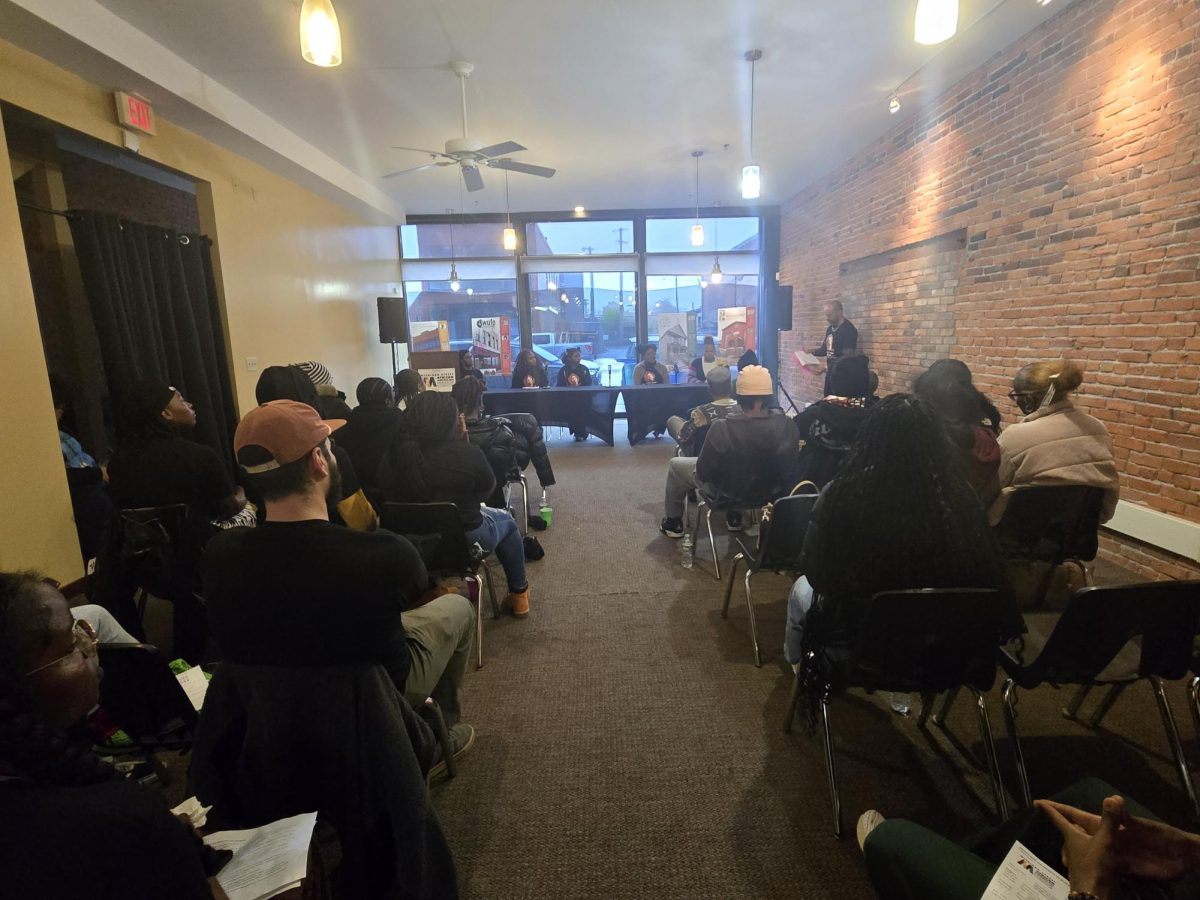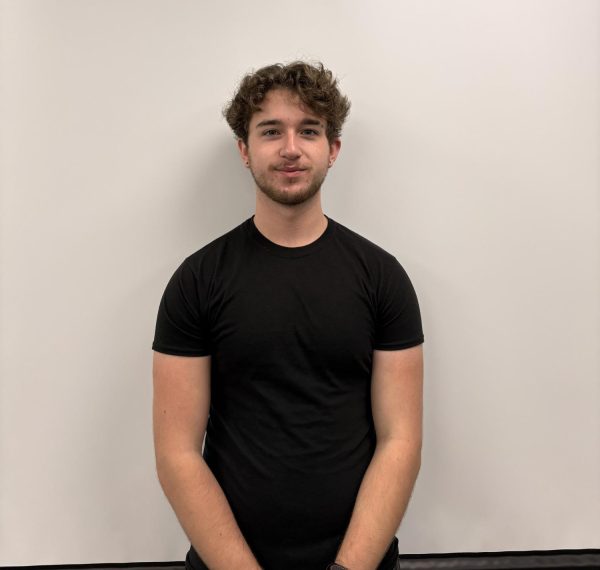SUNY Buffalo State offering defense classes for women
October 23, 2014
According to a government report released in June, sexual assault on college campuses has risen 52 percent in the past 10 years. Whether more sexual assaults are actually happening, or the number of reports of sexual assaults is just increasing, it has recently become a hot button issue in mainstream media.
On Oct. 17, the Obama administration announced the final adjustments to the Jean Clery Disclosure of Campus Security Policy and Campus Crime Statistics Act, also known as the Clery Act, a law proposed by the Violence Against Women Reauthorization Act of 2013. The Clery Act was adjusted to better address and eventually eliminate sexual violence on college campuses, including stalking and dating and domestic violence. More specifically, it requires college campuses and universities to provide clear policies regarding sexual assault and intimate partner violence.
While the implications of the law are promising, it is still important for students, especially female students, to be able to protect themselves in the event of an attack. At SUNY Buffalo State, university policemen are trained to teach techniques part of the Rape Aggression Defense Systems, a national self-defense program. There are several RAD programs for men, women, children and the elderly, but the women’s program has multiple levels, including basic, advanced, aerosol and keychain defense programs.
Buffalo State offers basic training programs for women, but officers are being trained to teach the male program and have hopes to begin training for the advanced women’s class.
For men who might want to join in on the women’s class until the men’s class is available, that option is not available.
“We can’t do that for a number of reasons,” said Lt. Richard Myers. “They don’t want men learning the skills that women are learning because if it ever came to be, they could learn to defeat those skills.” Not only would men be able to defeat those skills, but a combined classroom wouldn’t be as beneficial to either sex, based on the reasons they’re typically attacked.
“Men and women are attacked in different ways, so we have to teach them how to defend themselves in a way that’s appropriate for the way they’re more likely to be attacked,” Myers said. “A male would be attacked as an assault or robbery, whereas a woman might be attacked for purposes of a sexual assault.”
He stressed that women aren’t only attacked for sexual purposes, but based on statistics, the program focuses mainly on how to get out of sexual assault situations as well as regular assault.
Gender-specific classes are also better suited for women who might have been attacked in the past.
“Some of the women that come to us have experienced sexual assault in the past so they’re more comfortable in a class that only has women,” he said. “They’re less likely to be intimidated by being in a class with only women, whereas if there were men present they might not be as confident in their skills.”
Not only do the women who take this class learn how to defend themselves in a sexual assault situation, but they also learn everyday behaviors that can help to prevent sexual assault. Things like walking in well-lit areas, keeping car keys at hand and only unlocking the driver’s side door when approaching your car are only a few of the lessons taught. Students also learn about how to keep safe in their homes, in an elevator and even inside of an airplane. Although it might sound like a lot to deal with and remember, these practices are presented in an easy-to-remember manner.
“Some of the techniques will stick with me,” said Asia Burns, sophomore anthropology major, who participated in the program during the October session. “Some of the other ones, I don’t think I would do.”
A specific move that sticks with Burns is an upward palm to the nose that would result in a fracture or a complete break.
“I think if I had the opportunity, that would come back to mind because it’s quick,” she said.
RAD classes are taught on the first Monday and Wednesday and second Tuesday and Thursday of every month from 5 to 10 p.m.
Email: middleton.record@outlook.com



